Search
Remove Ads
Advertisement
Summary 
Loading AI-generated summary based on World History Encyclopedia articles ...
Search Results

Definition
George II of Great Britain
George II of Great Britain (r. 1727-1760) was the second of the Hanoverian monarchs, and like his father George I of Great Britain (r. 1714-1727), he faced a Jacobite rebellion to restore the Stuart line. Wars in Europe and beyond drained...
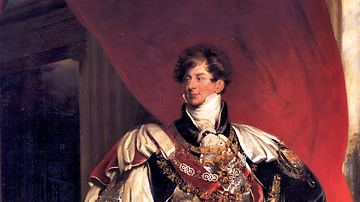
Definition
George IV of Great Britain
George IV of Great Britain (r. 1820-1830) was the fourth of the Hanoverian monarchs. He first reigned as Prince Regent from 1811 for his mad father George III of Great Britain (r. 1760-1820). George IV was an unpopular monarch for his many...
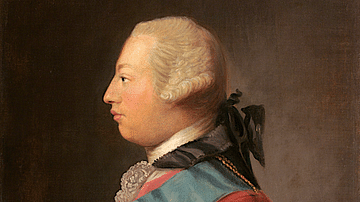
Definition
George III of Great Britain
George III of Great Britain (r. 1760-1820) was the third of the Hanoverian monarchs, and he remains the longest-reigning king in British history. His six decades on the throne saw the creation of the United Kingdom, the loss of the 13 American...
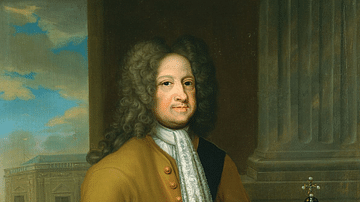
Definition
George I of Great Britain
George I of Great Britain (r. 1714-1727) succeeded the last of the Stuart monarchs, Queen Anne of Great Britain (r. 1702-1714) because he was Anne's nearest Protestant relative. The House of Hanover secured its position as the new ruling...
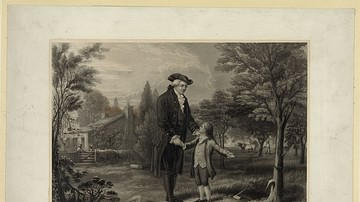
Article
Youth of George Washington
The youth of George Washington (1732-1799), the first President of the United States, remains the least understood chapter of his life, shrouded in folklore and myths. Yet the experiences of his youth, and the bond he felt toward his older...

Video
The Epic of Gilgamesh, Lecture by Andrew George
Andrew George, Professor of Babylonian, School of Oriental and African Studies (SOAS), University of London The Epic of Gilgamesh is a 4,000-year-old Mesopotamian poem about a hero who embarks on an arduous quest to find the secret of...

Definition
Twelfth Night - Shakespeare's Most Festive Play
Twelfth Night, or What You Will is a romantic comedy by William Shakespeare (l. c. 1564-1616), written between 1600 and 1601 and first performed on 2 February 1602. As suggested by the title's allusion to Twelfth Night – the night before...
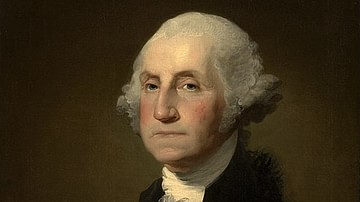
Definition
George Washington
George Washington (1732-1799) was an American military officer and statesman who led the Continental Army to victory during the American Revolutionary War (1775-1783) and served as the first president of the United States (1789-1797). Often...
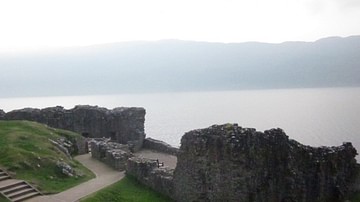
Article
Monsters & Heroes of Scotland: Urquhart Castle on Loch Ness
Loch Ness is one of the most beautiful lakes in Scotland and no one needs the attraction of the mythical monster to enjoy a visit. The majestic ruins of Urquhart Castle and scenic landscape should be enough of a draw – but there is also the...
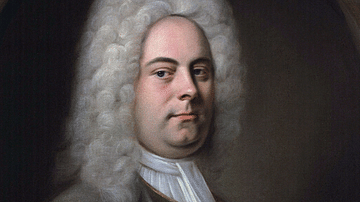
Definition
George Frideric Handel
George Frideric Handel (1685-1759) was a composer of baroque music who was born in Germany but became an English citizen. His most famous works include his Messiah, Water Music, baroque Italian operas, and English oratorios. A hugely successful...